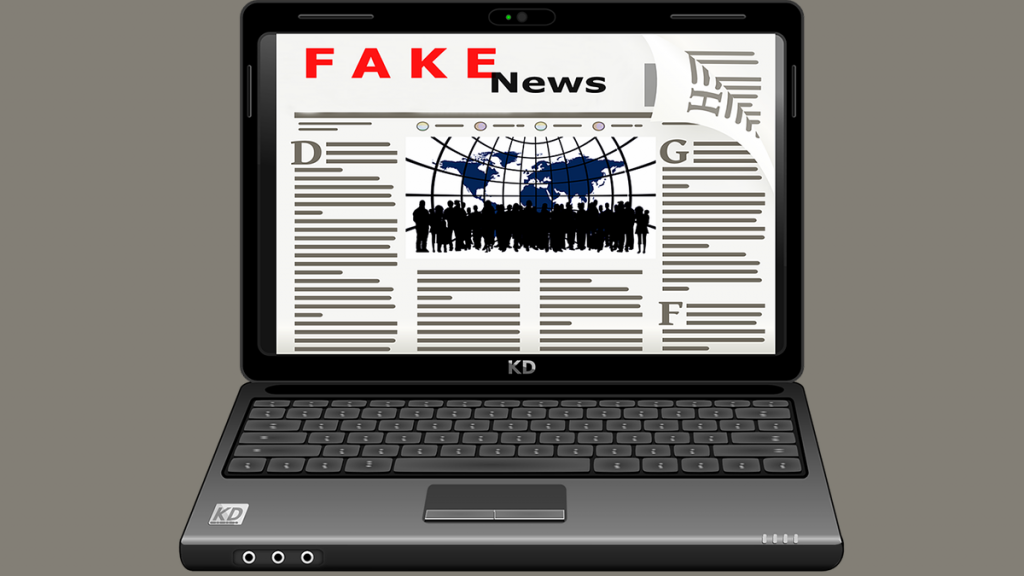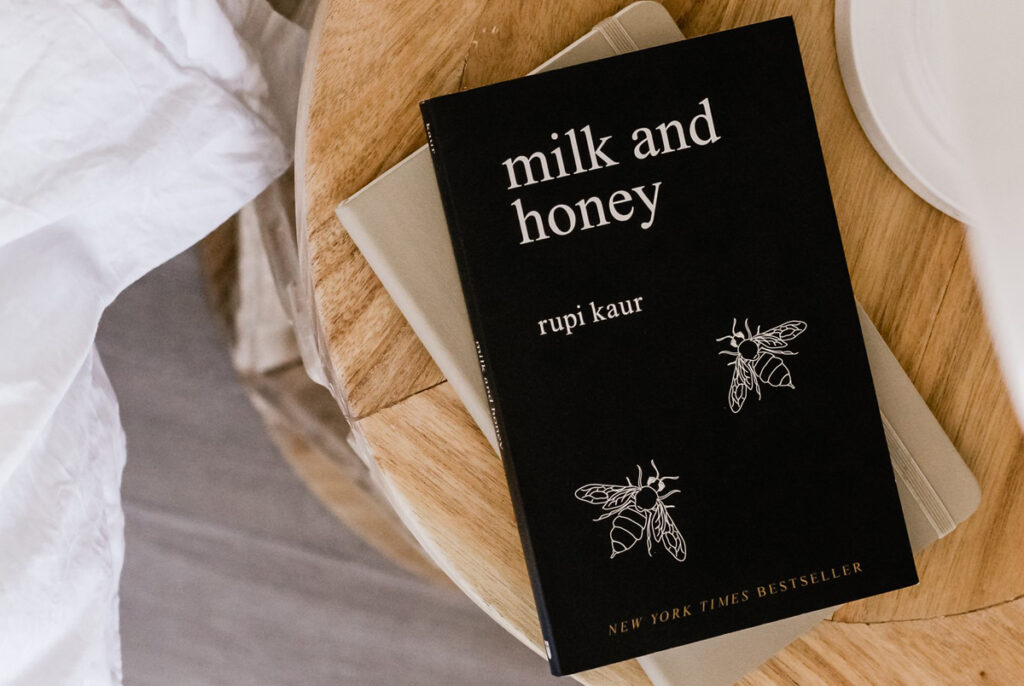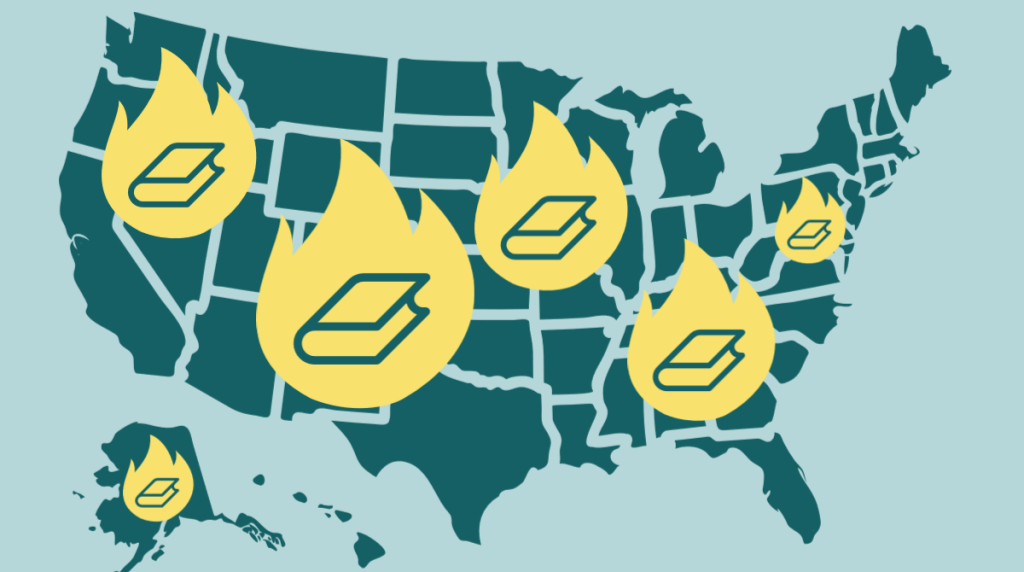Fake news has been a problem throughout history.
In ancient times, Egyptian pharaohs and Roman emperors would spread lies and propaganda to thwart foes on the battlefield and in the political arena. The invention of the printing press in 1429 allowed for falsehoods to be spread on a wide scale, with newspapers, magazines, and books being used to push everything from the Green Moon Hoax in 1835 to Nazi lies about the Jews during World War II.
Fake news has become an all-encompassing problem in the 21st century. Social media and partisan media outlets have created echo chambers of thought, where falsehoods often become “truth” that goes unchecked and unquestioned.
Wading through the mountains of information (and misinformation) that we’re confronted with daily to find the truth can be a daunting task even for the most informed and media literate person. Thankfully, libraries across the world have taken up arms in the fight against fake news, creating websites, books, workshops, and more to help people tell fact from fiction. Here’s a selection:
Joanna Burkhardt, fake news expert, professor and director of the University of Rhode Island branch libraries, and author of Teaching Information Literacy Reframed: 50+ Framework-Based Exercises for Creating Information-Literate Learners, discusses the history of fake news and its presence in today’s media landscape in this episode of Call Number with American Libraries.
Mount Allison University Libraries and Archives offers a webpage that details the different types of fake news and how to spot it in media.
Stony Brook University Libraries has a site with fake news resources, including links to news reports on the growing phenomenon.
Librarians at Indiana University East in Richmond have developed an online guide about how to identify fake news, complete with detailed images of what questions to ask while perusing a site.
In American Libraries’ “Letter of the Law” online column, Tomas A. Lipinski, a lawyer and dean and professor at University of Wisconsin–Milwaukee School of Information Studies, answers legal questions about fake news that may find its way onto library premises.
Nicole A. Cooke, Augusta Baker Endowed Chair and an associate professor at the School of Library and Information Science at the University of South Carolina, provides tips for creating a lesson plan to help college students and adults evaluate media in the ALA special report Fake News and Alternative Facts (ALA Editions, 2018).
Belinha S. De Abreu, global media literacy educator at Sacred Heart University, brings together 15 librarians and teachers to comment on media and digital literacy issues in her book Teaching Media Literacy (ALA Neal-Schuman, 2019). She also offers six ready-to-teach lessons, a glossary, and a timeline of media literacy milestones.
Need help trying to differentiate between fake news and accurate information that you may encounter in your day-to-day life? Ask your local librarian!



